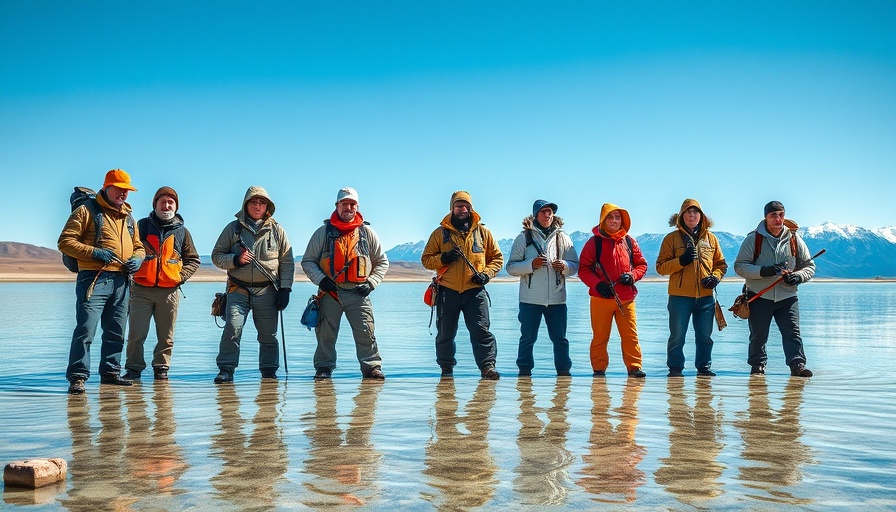
Understanding Hunger: More Than Just an Empty Stomach
As the third season of Alone Australia unfolds, viewers are witnessing not just a survival competition but an exploration into the depths of human resilience against hunger. The contestants, isolated in the rugged Tasmanian wilderness, are pushed to their physical limits as they navigate the challenges of foraging, fishing, and trapping for sustenance. But what does it really mean to be hungry? And what happens to our bodies and minds when we endure starvation?
Hunger is a complex interplay of physiological and psychological factors, primarily regulated by hormones. When our stomachs are empty, levels of ghrelin—the hormone that stimulates appetite—rise, sending signals to our brains that it’s time to eat. It’s a relatively familiar sensation, but hunger can escalate into a more dangerous state known as starvation, which affects the body’s systematic functions and mental clarity. This journey into understanding hunger can shed light on broader topics of health and wellness.
The Journey of Survival: What Happens During Starvation?
Surviving without food challenges not only physical strength but also mental fortitude. Generally, a healthy individual can endure starvation for approximately one to two months, depending on several factors such as age, gender, fitness level, and access to water. Take, for example, last season's champion of Alone Australia, who managed to survive for an astonishing 64 days with limited food intake.
However, the adverse effects of prolonged hunger extend beyond just physical weight loss. Contestants often face extreme fatigue, difficulty concentrating, and even psychological instability. Historical experiments, such as the controversial Minnesota Starvation Experiment, revealed that subjects lost significant body weight and faced serious emotional challenges, including depression and irritability. This highlights the profound impact starvation can have not only on physical health but also on mental well-being.
The Psychology of Starvation: Understanding Mental Resilience
The mental struggles accompanying starvation cannot be understated. As contestants lose body weight and energy, they also experience the cognitive toll of hunger. Decision-making abilities degrade, critical thinking falters, and mood swings become prevalent. For instance, one participant in the Minnesota study noted how minor irritations could amplify into major frustrations. The psychological ramifications of starvation are deep, potentially affecting relationships and social interactions as well.
This insight into the mental aspects of starvation draws attention to the importance of fostering mental resilience, especially in the context of wellness and health education. As we better appreciate the connection between our diet and mental health, we can strive for a holistic approach to our well-being.
The Connection to Health and Wellness: Insights for Everyday Life
Understanding hunger and its effects gives us tools to live more healthfully. It encourages us to think critically about how we fuel our bodies. In modern society, as many face lifestyle-related health issues, adopting practices rooted in wellness is crucial. From balanced diets to the importance of mindfulness regarding food intake, we can enhance our vitality and promote overall health.
Communities can take proactive measures by hosting health and wellness events that educate individuals about nutritional needs and foster participation in holistic practices. Collaborations with local health practitioners can help cultivate environments where individuals are empowered to make informed dietary choices, which can have far-reaching effects on community health outcomes.
Takeaway: Empowering Ourselves Through Knowledge
Ultimately, the lessons drawn from Alone Australia extend beyond entertainment; they challenge us to reflect on our own eating habits and the implications of hunger. With an understanding of what starvation entails, we can better appreciate the importance of sustaining ourselves through nutritious and ample food choices. Knowledge is an empowering tool—by understanding our bodies and what they need, we can live more vibrantly and support those around us in their health journeys.
If you're interested in learning more about maintaining a healthy lifestyle, consider attending local health and wellness events in San Antonio or exploring resources that focus on nourishing both body and mind. Your path to optimal health and wellness starts with making informed choices today.
 Add Element
Add Element  Add Row
Add Row 



 Add Row
Add Row  Add
Add 


Write A Comment